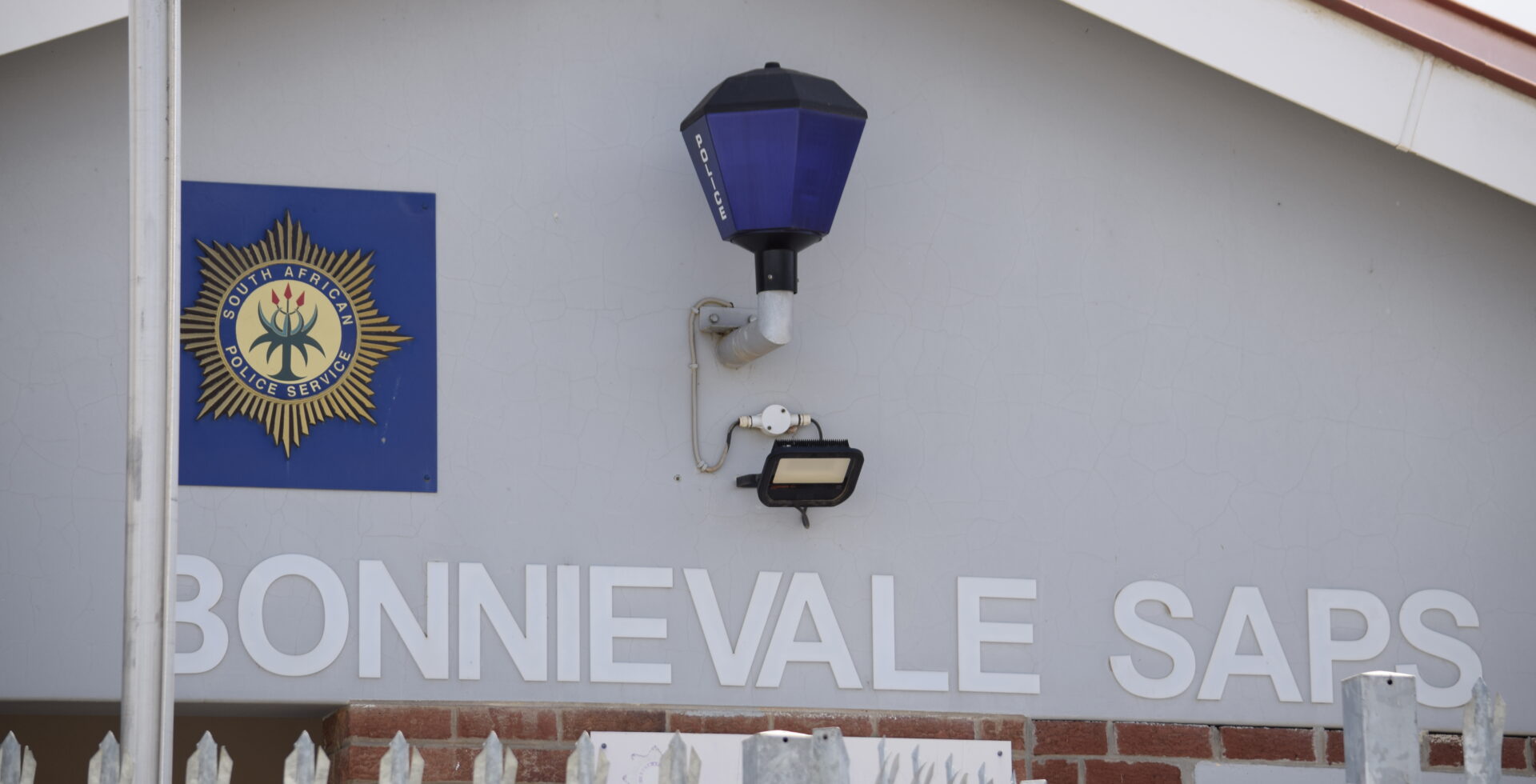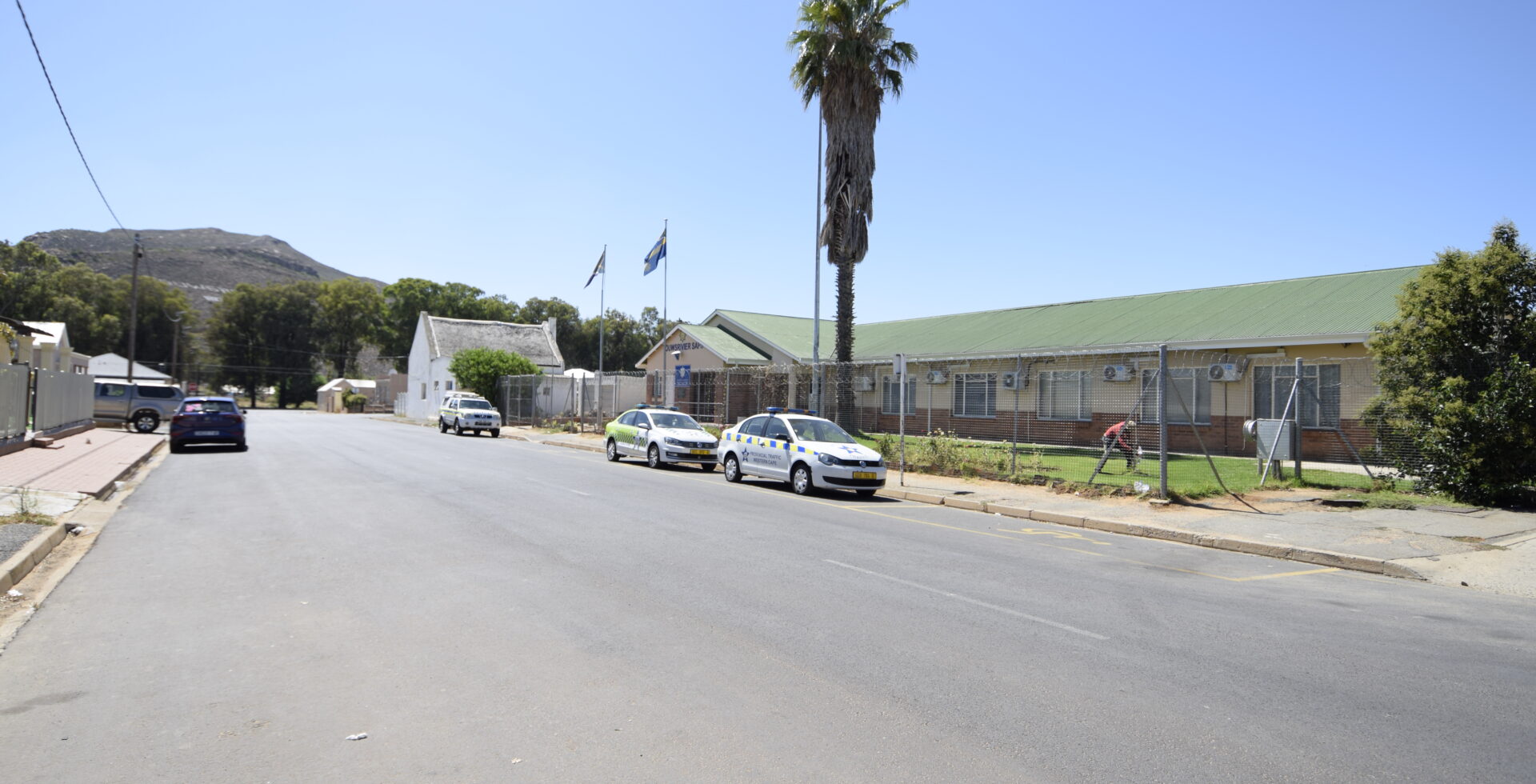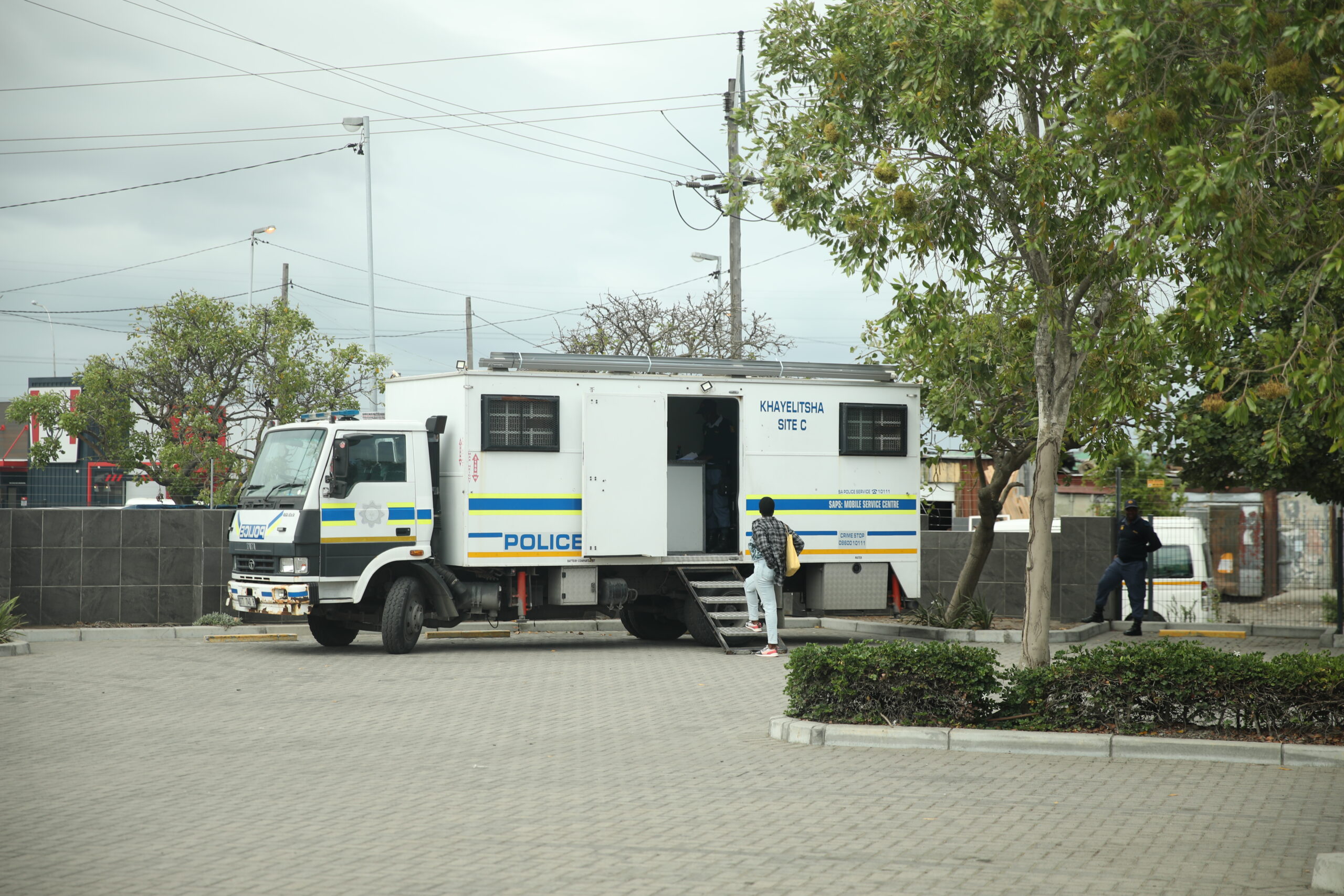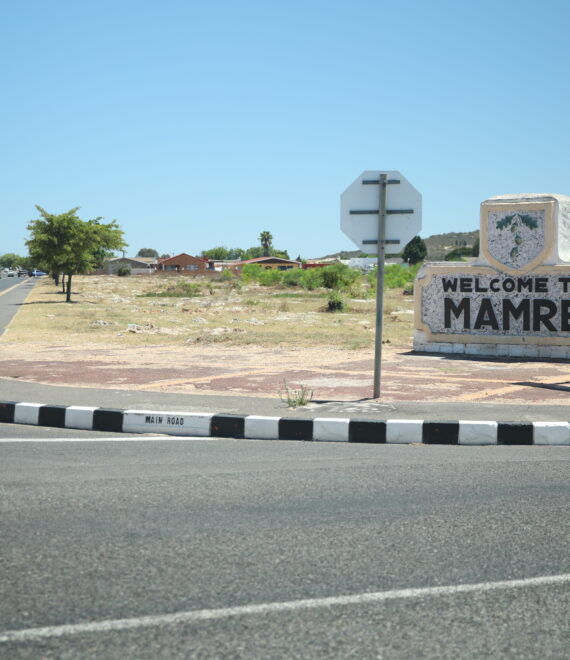
Investigative failures by the South African Police Service were among the most common issues reported in surveys, as 85% of survivors cited police incompetence as a challenge to their pursuit of justice.
One quarter of survivors never even received a case number, which means that they could not check on the status of their case as it progressed through court. The police often failed to find and arrest perpetrators, obtain witness statements, or follow up on forensic and medical evidence. Survivors shared how inadequate police staffing and resourcing prolonged their cases, risking their safety and wellbeing while the criminal justice process is ongoing.
62 % of women surveyed indicated that police did not show an interest in finalizing their cases
48 % reported that police did not interview witnesses
38 % said that the police were dismissive of their experience
The manner in which documents and evidence disappeared, the way in which the accused [was] connected to the police, including the detective responsible for my case, really disheartened me. I fought and waited for justice for three years, and justice never arrived […] the justice system failed me.

When I got to the police station, they laughed at me. I looked like a joke to them while I was standing with tears in front of them… When I got there, I told them I want to report a case because I am tired of all the abuse. I’m tired; my body can’t take it anymore… but then they told me that I must just give them a chance to finish off what they were busy with. However, while I was waiting, they asked if I wouldn’t rather want to do the protection order and leave the case, because the case will take long, and at the end possibly may end up a dead [end].

